Sustainability for Kids: savings
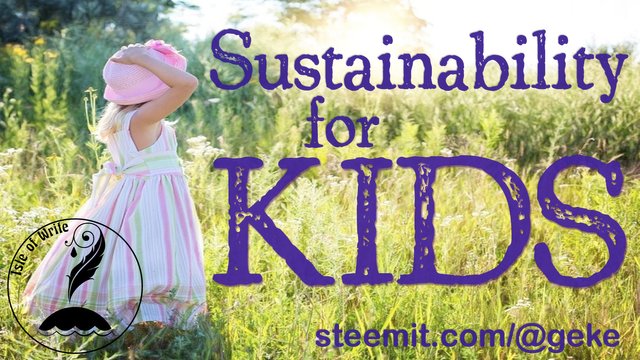
Part 1 | Part 2 | Part 3 | Part 4 | Part 5 | Part 6 | Part 7 | Part 8 | Part 9 | Part 10 | Part 11 | Part 12 | Part 13
An economy grows sustainably when we save. Irwin Schiff showed how this works several years back in a comic book called “How an Economy Grows and Why It Doesn't.”
The story in the comic involves three men on a desert island: Able, Baker, and Charlie. Each one catches one fish per day by hand to survive. It's a slow method and takes all day. It leaves Able feeling trapped, living “paycheck to paycheck” like this. He wants a better life.
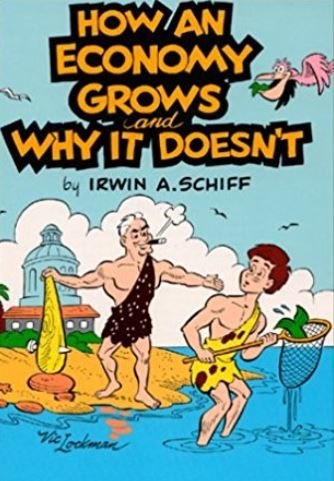
So he spends an entire day inventing and building a fishing net. He's so busy, he doesn't have time to catch a fish to eat (because catching one by hand takes all day). So he underconsumes by not eating just to build his fishing net. When he's done, he's created his own capital – the fishing net is a form of capital.
The next day, Able fishes with his net and catches two fish! Baker and Charlie, still fishing by hand, still each catch one. Since Able only eats one fish a day, he's generated savings with this extra fish.
Savings create capital.
Since Able denied himself food for one day (underconsumption) he was able to create the net, which is capital equipment. In fact, because savings create capital, savings really are capital. And when we talk about the system of “capitalism,” we're really talking about a system of using our savings to generate wealth. Maybe we should change the term from capitalism to savingism.Now that he has a net, Able doesn't have to spend every day fishing. So he starts building himself a better shelter and tools to till the soil. After a few weeks, Able is living in an expansive house while Charlie and Baker are still sleeping outside in hammocks, or huddled in a cave. And Able has a garden that's beginning to sprout vegetables. But Charlie and Baker are still just eating one fish every day.
Able's improvements to his own lifestyle are also growth in the entire island economy. His bigger home and his new garden make his life easier, but they also exist as his wealth. And because Able now has more wealth, the whole island economy is now bigger and healthier than it was before he made the fishing net. But Baker and Charlie haven't yet benefitted from this bigger, healthier economy because they have no savings of their own. They can't even participate in this economy because they're too busy fishing all day.
This story shows us that when people are encouraged not to save by the government, but only to consume, consume, consume their one fish per day, they miss out on participating in the wealth-creating opportunities of their larger economy.
Soon, Baker and Charlie ask to borrow Able's net. We'll explore Able's response to that request next time.
This article is one of a series I'm writing for the 30 Day Writing Challenge hosted by @dragosroua. If you want to join, write on a topic that interests you or that you'd like to learn more about and use the tag #challenge30days. As Dragos says, "The key word sequence here is: "write every day."
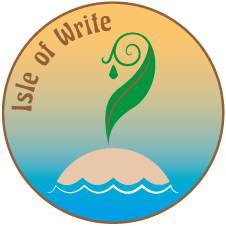
Think you'd like to wash up on our shore?
The treasure map will bring you right to our door!
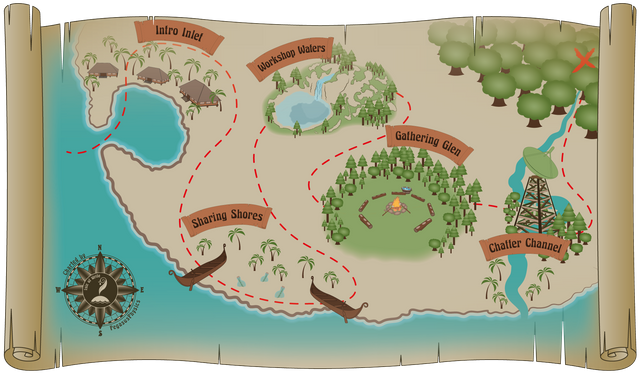
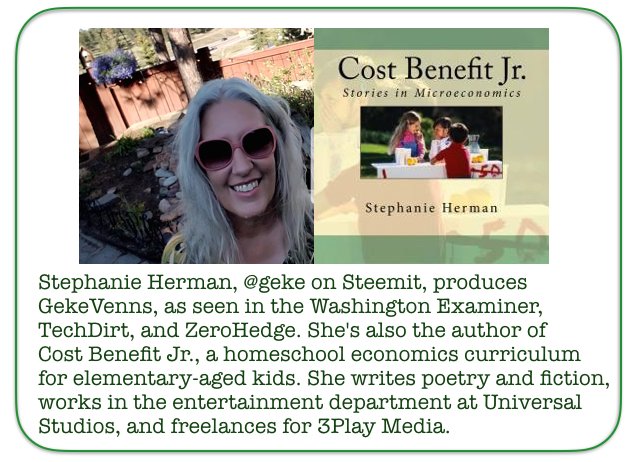
Another good story @geke 😊
"Savingism". Sounds cool! I start liking this whole series more and more. It's a nice way to retain readers, of course at the expense of writing every single day and maybe not eating other fish but in the end it's worth it for sure.
Nice one @geke!.
Yeay,nice information